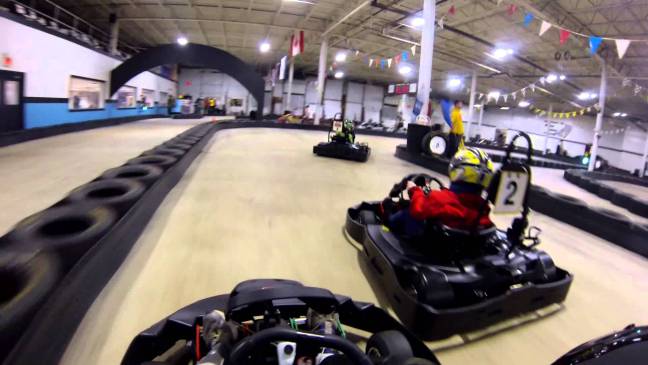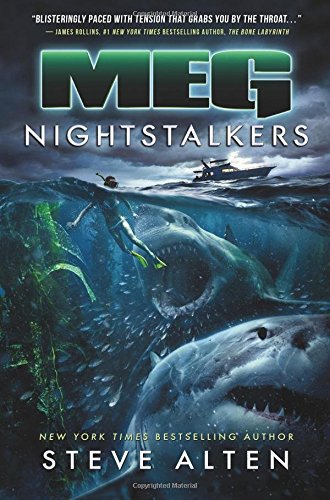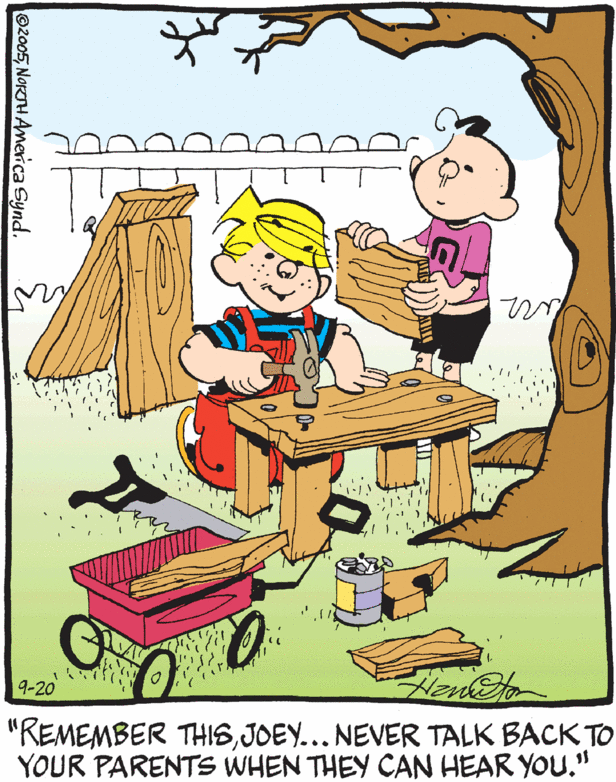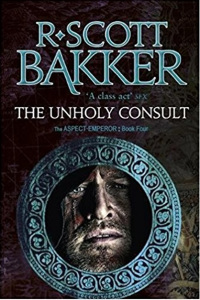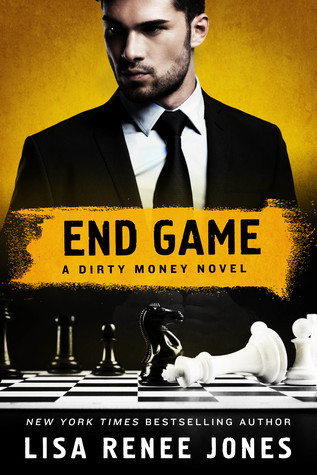Social media has been helping me discover so many of my readings. For instance, when I started following Ava DuVernay on Twitter last year, I inevitably stumbled upon her OWN series Queen Sugar during her fan-comment retweets. Most of these comments were mini thankyou-notes that ranged from “thank you for exploring ____ theme” or “I needed those messages after a hard day.” I grew curious about the series and a quick search eventually led me to the book. From reading a few reviews, I understand that the book and the series are quite different, but I still took the plunge and made my book purchase.
The novel gives us an intimate look into the misadventures of Charley Bordelon. She is a widowed mother of a pre-teen who recently found out that she inherited an 800-acre sugar cane farm from her father. Despite her mother’s protests, she uproots her life in California and moves in with her grandmother, Miss Honey, to start afresh and hopefully save her father’s farm. She is not alone. Her estranged brother, Ralph Angel, follows along to everyone’s surprise as he too hopes to improve his life. Family matters, a seemingly jinxed inheritance and the complexities of the South and the sugar cane industry makes her venture even more complicated than she had anticipated.
This book resonated with me on a personal level because it reminded me of my childhood. My village is a former sugar estate and I have so many vivid memories of the estate’s influence: giant lorries shuttling sun-baked workers to and from the fields, getting caught behind yellow molasses trucks during rush-hour traffic, watching wisps of ash swirling down from the heavens after the fields burned and smelling the sweetness of process sugar wafting on the rare, southerly breeze. Apart from these personal experiences, my knowledge about sugarcane was purely theoretical. In Highschool, we had to learn about the chemical aspect of sugar production from cane to crystal, but this book made me discover how woefully ignorant I was about the more practical matters. I knew nothing about cane varieties nor the modern harvesting systems used in other countries. I knew nothing about the stiff competition between farmers nor the ways in which millers have been cheated out of their land for the profits of these bigger millers.
 Driving By Cane Fields Near My Home
Driving By Cane Fields Near My Home
Apart from these personal experiences, my knowledge about sugarcane was purely theoretical. In high school, we had to learn about the chemical aspect of sugar production from cane to crystal, but this book made me discover how woefully ignorant I was about the more practical matters. I knew nothing about cane varieties nor the modern harvesting systems used in other countries. I knew nothing about the stiff competition between farmers nor the ways in which millers have been cheating these farmers in the name of profits. I did know about the back-breaking work involved in cultivating and reaping, but Miss Baszile made me realize just how much I have overlooked with the local and global sugar industry.
Queen Sugar explored much deeper themes like racial and gender discrimination, child poverty, mental illness, and addiction. Baszile covered many more, but I couldn’t possibly cover them all within the confines of this review. What sets her book aside, however, is the way she explored these themes as she recommends solutions to the problem in the story. For example, in one of my favourite scenes, Charley and her aunt, Violet, talk about Charley’s first intimate experience with a microaggression during her stay. Not only were they able to come to a conclusion about the situation, but Charley – and by default, the reader – learns an important lesson. If you communicate with someone who is just innocently ignorant and if that person is willing to listen, you can influence change. It was a small, but beautiful scene in my opinion.
Much deeper themes are explored through my favourite character – Ralph Angel. I feel a lot of sympathy for this poor man. He was a troubled boy who grew up to be a troubled man because of circumstances that were completely beyond his control. His troubles led to his instability, vile temper and the bullyism he embodies throughout the book. Sadly, most of the characters are unable to see beyond these characteristics and acknowledge his complexity. It would be easy for the reader to view Ralph Angel in a similar light, but Baszile fixes this by occasionally giving us a glimpse into his mind. From these glimpses, we see that his meanness is just a front – a kind of boyish bravado he erects to prove to the world and himself that he is worth something. This struggle he has with self-worth and his past failures make him one of the most human characters in the book and it’s truly heartbreaking to watch him in action.
Initially, I believed that the book’s only fault was it’s seemingly convenient conclusion to Charley’s farm problems. I remember being disappointed and even enraged at first, but the more I thought about it, the more it made sense. I still feel blindsided by that part of the ending and I am still not sure whether or not I like it, but as time goes by and the story mellows in my mind, I think it will become even more agreeable with me.
Aside from this minor conflict on my part, I loved Queen Sugar and if the hype surrounding this book and the OWN series is anything to go by, I am sure that we will be seeing more fantastic work from Baszile in the future. I would recommend this book to anyone who loves an emotional rollercoaster of a book with a sticky ending. If you don’t mind the technicalities of sugarcane lingo, I am sure you will enjoy this brilliant piece of fiction.
Share this:
- More
